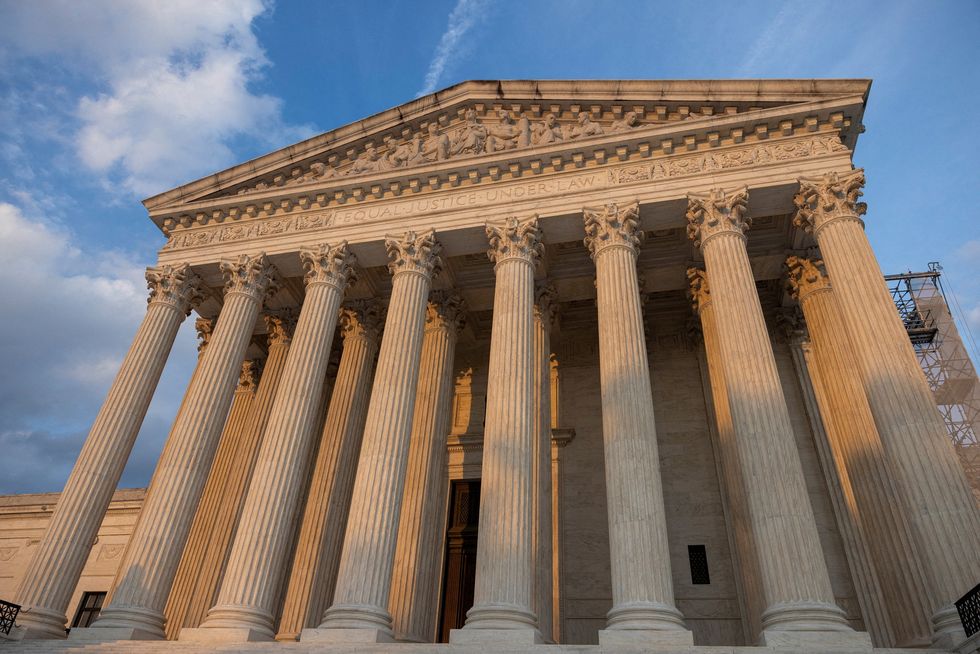Top Stories
Trump’s Military Power Under Fire: Court Battles Escalate NOW

URGENT UPDATE: President Donald Trump faces escalating legal battles over his controversial deployment of the National Guard in several major U.S. cities. Recent court decisions challenge his authority to federalize military forces against state governors’ wishes, raising significant questions about executive power and civil liberties.
Just announced, the Ninth Circuit Court of Appeals has reversed a lower court ruling that blocked Trump’s deployment of troops in Portland, affirming his claims of absolute power in making military decisions. This controversial judgment could have lasting implications for governance and public safety as it allows armed troops to operate on American streets.
The legal conflict intensified after Trump mobilized the National Guard in California without the consent of Governor Gavin Newsom in June. His administration argued that the President has “unrestrained discretion” to determine when to deploy federal forces, citing historical precedent from an 1827 Supreme Court case. Critics argue this interpretation dangerously expands presidential powers.
In a shocking turn, the Ninth Circuit dismissed factual evidence presented by lower courts, including a ruling from Judge Karin Immergut, who stated, “The President’s determination was simply untethered to the facts.” The appellate court’s decision raises alarms about the judiciary’s role in checking presidential authority and the potential for military presence to suppress voter turnout in the upcoming 2026 midterm elections.
Meanwhile, a unanimous ruling from the Seventh Circuit Court of Appeals blocked a similar deployment in Chicago, contradicting Trump’s claims. The court emphasized that the President’s authority is not absolute, upholding the necessity of judicial review in safeguarding against potential abuses of power.
As of September 22, 2023, Trump has appealed to the Supreme Court, where he has had success in previous cases, winning 21 out of 23 decisions on the Court’s “shadow docket.” Legal experts warn that if the conservative majority sides with Trump, it could set a dangerous precedent for federal overreach.
This ongoing legal saga highlights the profound implications for civil rights and emergency powers in America. The use of military forces in civilian contexts raises critical questions about safety, governance, and the rule of law. Advocates for civil liberties fear that unchecked military presence could lead to a state of fear among communities, fundamentally altering the fabric of American democracy.
As public scrutiny intensifies, all eyes will be on the Supreme Court’s forthcoming decision, which could either reinforce or dismantle the President’s authority to deploy military forces at will. Citizens and lawmakers alike are urged to stay informed as these pivotal legal battles continue to unfold, shaping the future of governance in the United States.
For updates on this developing story, follow credible news sources and stay engaged in discussions about the implications of these legal rulings.
-

 Politics2 weeks ago
Politics2 weeks agoDallin H. Oaks Assumes Leadership of Latter-day Saints Church
-

 Business2 weeks ago
Business2 weeks agoTyler Technologies Set to Reveal Q3 2025 Earnings on October 22
-

 Sports2 weeks ago
Sports2 weeks agoSteve Kerr Supports Jonathan Kuminga After Ejection in Preseason Game
-

 Lifestyle2 weeks ago
Lifestyle2 weeks agoDua Lipa Celebrates Passing GCSE Spanish During World Tour
-

 Science2 weeks ago
Science2 weeks agoChicago’s Viral ‘Rat Hole’ Likely Created by Squirrel, Study Reveals
-

 Lifestyle2 weeks ago
Lifestyle2 weeks agoKelsea Ballerini Launches ‘Burn the Baggage’ Candle with Ranger Station
-

 Health2 weeks ago
Health2 weeks agoRichard Feldman Urges Ban on Menthol in Cigarettes and Vapes
-

 Health2 weeks ago
Health2 weeks agoCommunity Unites for Seventh Annual Mental Health Awareness Walk
-

 Entertainment2 weeks ago
Entertainment2 weeks agoZoe Saldana Advocates for James Cameron’s Avatar Documentary
-

 World2 weeks ago
World2 weeks agoD’Angelo, Iconic R&B Singer, Dies at 51 After Cancer Battle
-

 Business2 weeks ago
Business2 weeks agoMLB Qualifying Offer Jumps to $22.02 Million for 2024
-

 Business2 weeks ago
Business2 weeks agoMega Millions Jackpot Reaches $600 Million Ahead of Drawings









